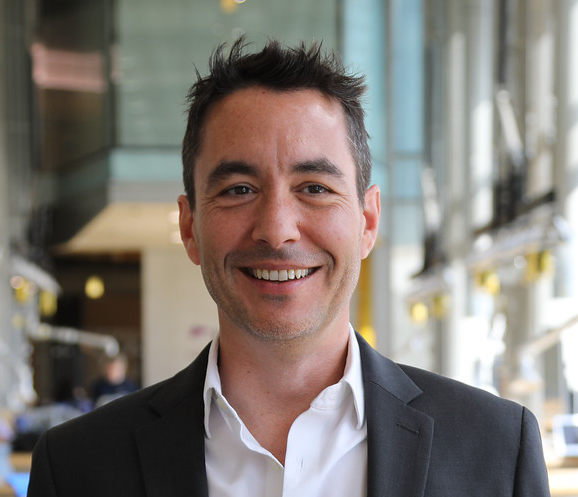When Maryland founder Javier Atencia set out to create his company in 2014, he had a singular goal: to create a better system for detecting foodborne illnesses-causing pathogens, with the help of tech.
Nearly a decade later, his company, Pathotrak, has raised over $1 million, was named Invention of the Year in Life Sciences by the University of Maryland (UMD) and has backing from the National Science Foundation (NSF) and TEDCO.
But Atencia didn’t necessarily see himself on the founder path. It was only when he partook in the I-Corps programs at the NSF and George Washington University that he thought of being a founder.
“I’m a convert, I used to do only science,” Atencia told Technical.ly. “I did the I-Corps program once and then I did it altogether five times, so I’ve interviewed over 500 people from all over the state. That’s when I made a decision to quit my job and go for it in the company.”
Pathotrak, based in College Park, Maryland, is a food-tech startup that measures the safety of food from growers and producers. The company developed several tests to measure food safety and prevent outbreaks; Its foodborne pathogen enrichment test kits can measure the safety of a piece of lettuce in as little as six hours. Last month, the company nabbed AOAC Performance Tested certification for the kits’ ability to detect salmonella and E. coli in romaine lettuce. It plans to add four additional leafy greens to that capacity.
According to Atencia, it’s the first product to gain the certification that can measure food-borne illnesses in under eight hours. In food testing, samples are typically incubated for anywhere from 24 to 48 hours, allowing enough bacteria to grow for effective testing. Pathotrak’s test kits use a process called microfiltration, which extracts pathogens from food and concentrates them, helping bacteria reproduce quickly for a faster turnaround in testing. After extraction, the samples are compatible with PCR tests typically used in food testing. The technology primarily relies on chemotaxis and three patent-pending solutions in microfiltration/elutriation and mechanical engineering, as well as chemistry and nano-filtration technology.
“The problem [with testing pathogens] is not the detection system itself, that just takes a couple of hours,” Atencia said. “The problem is the sample preparation.”
Atencia initially developed the technology at the National Institute of Standards and Technology and UMD before it was licensed to the company.
Since its founding, the company was awarded a Phase II Small Business Innovation Research Grant from the NSF for its technology. Pathotrak also raised $1.2 million from investors including UMD and TEDCO.
Atencia said that when he first decided to build in the area, many told him to start the company or look for funding in California. But keeping it local, in a region where he’s had success, is something he believes is very right for Pathotrak.
“We have the FDA right next door, we have an amazing center of food safety here at the university because the FDA is close by,” Atencia said. “And I wanted to give back to the community. I really value all the people that have helped me here, I want to live here, why go to another state?”
Following the AOAC success, Atencia hopes to add another certification for a patent-pending technology that is two hours faster than the current one, applies to most produce and can be additionally used for testing meat products. But the overall plan is to prioritize leafy greens, where many outbreaks lie, and the accreditation. He hopes to eventually create a solution so compact, that it can be carried around.
“From there, the sky is the limit,” Atencia said.
Join the conversation!
Find news, events, jobs and people who share your interests on Technical.ly's open community Slack

DC daily roundup: Esports at Maryland rec center; High schoolers' brain algorithm; Power data centers with coal?

DC daily roundup: Tyto Athene's cross-DMV deal; Spirit owner sells to Accenture; meet 2GI's new cohort

DC daily roundup: $10M to streamline govt. contracting; life sciences might dethrone software; Acadia's new $50M


